#Robert C. New
Text



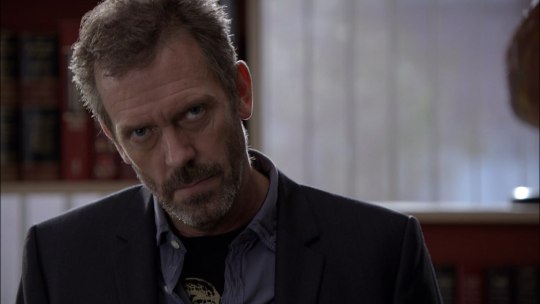
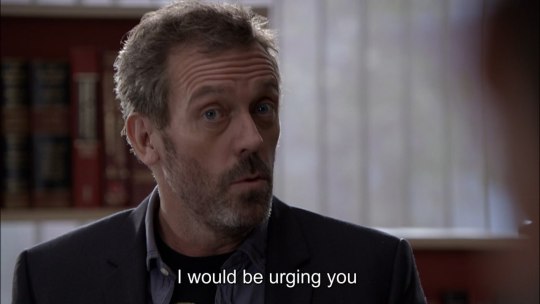
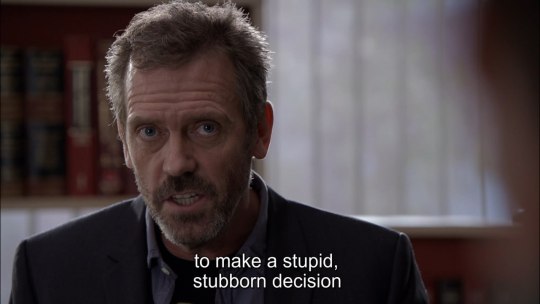
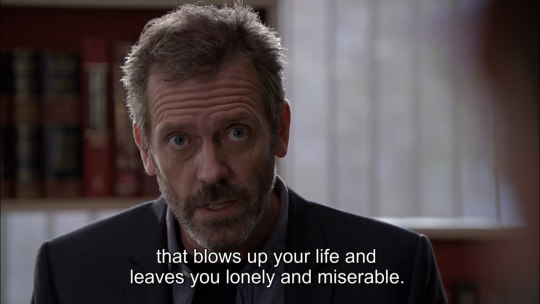
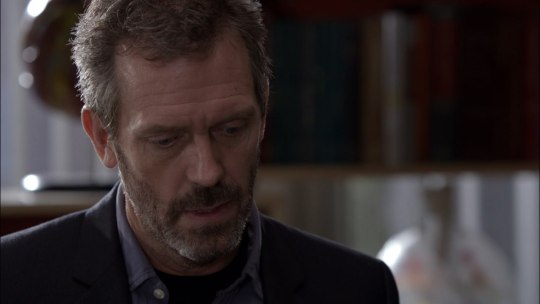


#house md#gregory house#robert chase#screencap#s08e12 “chase”#longpost#long post#other characters so consistently misread house :c#he's such a puddle#he had the same response to getting shot too#lowkey insanely healthy way to look at it#here he spells it out#guy who provokes as a convo starter would know (literally any new encounter like w park in s8)#...i mean how the fuck do you get to the point that you get to fast-forward to the “correct solution” after something like that?#overthinking into processing while getting beaten over the head with every type of assault for a while will get you there i guess#(to the point that its preferable and thats why he provokes - he knows ins and outs of dealing with it)
114 notes
·
View notes
Photo

F. C. Gundlach. Robert Frank at his studio. New York. Mercer Street. 1985
Follow my new AI-related project «Collective memories»
#BW#Black and White#Preto e Branco#Noir et Blanc#黒と白#Schwarzweiß#retro#vintage#F. C. Gundlach#Robert Frank#New York#80s#1985#198s#portrait#肖像#画像#retrato#Porträt
23 notes
·
View notes
Text
Elsbeth x Kaya Fruity Gifs - Part Two



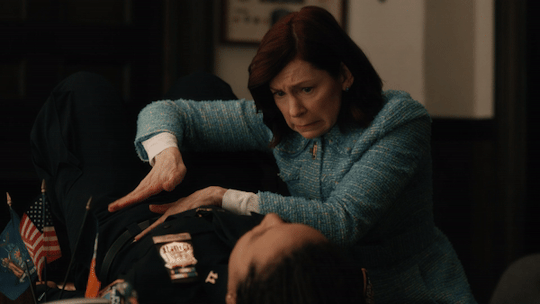

they just seem a bit too familiar here...
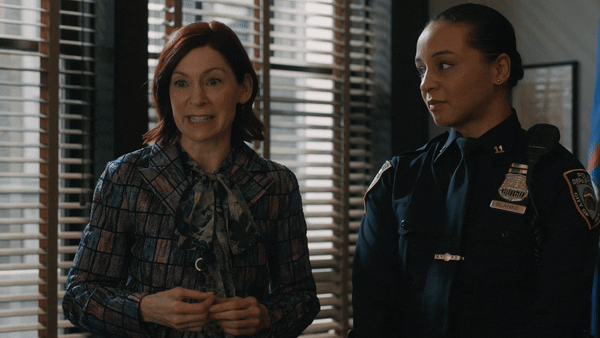
why is this giving "liz has fallen in love with diane" iykyk




these two touch starved idiots

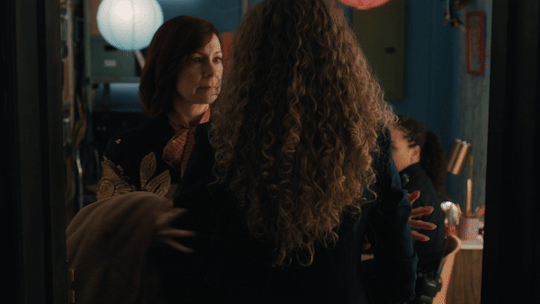
grumpy x sunshine through and through until mother makes her laugh



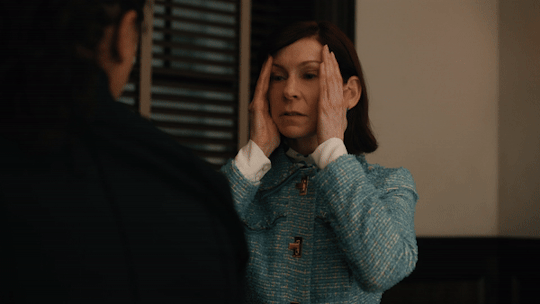
they're such goofballs

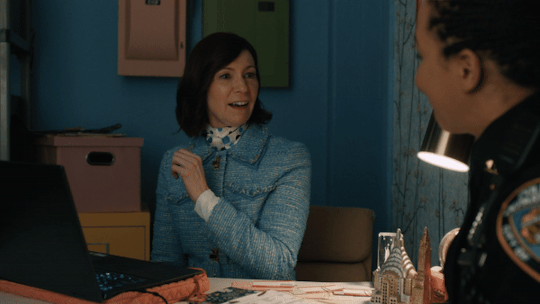


this is so soft please




she's so protective of mother alr

same kaya same
PART ONE HERE
#elsbeth#elsbeth tv#elsbeth 2024#elsbeth cbs#carrie preston#or as i like to call her#carrie purrrrrrston#robert and michelle king#elsbeth tascioni#elsbeth tv show#elsbeth tv series#the good wife#the good fight#cbs#spinoff#kaya blanke#c w wagner#wendell pierce#carra patterson#nyc#new york city#gifs#*gifs mine#tv gifs#tv milfs#dailyactresses#daily women#daily tv women#gifset#sapphic vibes
18 notes
·
View notes
Text






New Scotland Yard: The Come Back (1.2, LWT, 1972)
"This wasn't a sudden impulse. It was deliberate and calculated. He had to break in to get at the old man, and then - well, you saw what he did to him. I don't know if he's a psycho or not, but I do know he's a sadist and I know what treatment I'd hand out."
"Yeah, I can guess."
"It's the only way."
"You've a right to your opinion, just don't try and convert me."
"I wouldn't dream of it, I know what you think."
"I think it's just as well your job ends when we catch him."
#new scotland yard#the come back#1972#lwt#classic tv#tony hoare#tony wharmby#john woodvine#john carlisle#barry warren#claire warren#kenneth cranham#betty romaine#kenneth colley#robert hartley#mark dowse#geoffrey morris#shelagh wilcocks#after a thoughtful and provocative opener‚ this second episode feels a little more run of the mill; a classic 'villain out for revenge on#those who put him away'. we do get a little bit of debate about the possibility or not of reform whilst imprisoned‚ but it's brief stuff#where the meat of the episode is just identifying and tracking down the 'bad guy' (a young Ken Cranham; similarly not enough#time is devoted to considering the mental health of his character and why exactly he has become dangerously violent during his time#inside...). one odd thing; the first episode sort of established Carlisle's character as having some socialist sympathies‚ putting him at#odds with the greyly impartial (but probably vaguely conservative‚ with a small c) Woodvine. weirdly‚ their politics appear to have#switched entirely here; Woodvine is reticent to demonise Cranham without solid proof of his involvement‚ expresses some sympathy#for his situation‚ whilst his subordinate Carlisle is now apparently in favour of the death penalty and dismisses the idea#of an insanity defence out of hand‚ sneering that it's a cop out abused by serial criminals. perhaps it's just that this is early days#and different writers are playing with these characters that aren't entirely nailed down yet‚ but it's a weird contrast to their respective#positions in the previous ep. Warren returns as Woodvine's journalist brother in law‚ so it looks like that's a recurring role#and poor Ken Colley gets rather underused as an informant (or grass as Woodvine puts it)
2 notes
·
View notes
Text
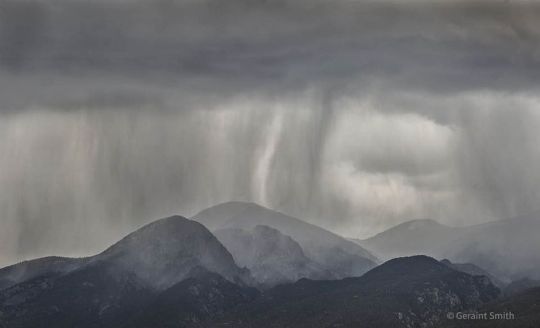
Rainfall over the Sacred Mountain, Taos, NM. Photo: Geraint Smith (Sep 3, 2023) :: [Robert Scott Horton]
* * * *
The landscape's silent immensity—and the God to whom it points—is able to absorb all the grief one can give it.
-Belden C. Lane, The Solace of Fierce Landscapes: Exploring Desert and Mountain Spirituality
[beguines]
#rainfall#Taos NM#New Mexico#Geraint Smith#Robert Scott Horton#Belden C. Lane#The Solace of Fierce Landscapes#quotes
14 notes
·
View notes
Text
#news#cinéma#actualité#acteurs#filmmaking#Blumhouse Productions#C. Robert Cargill#Ethan Hawke#Jeremy Davies#Madeleine McGraw#Mason Thames#Miguel Mora#Scott Derrickson#The Black Phone 2#Universal Pictures
2 notes
·
View notes
Text

Found slide: Sydney Opera House from Circular Quay West, 13 November 1968. Photo by Robert C Cook
#found slide#sydney opera house 50#warrane#sydney#gadigal country#new south wales#australia#robert c cook 1912 2002#ektachrome#1968
6 notes
·
View notes
Text
@hcllriot

robert had sat down the box. “alright, i think that was the last of them.” he admitted as he looked around their new place. the house was bigger than the lat and it seemed to be in a nice neighborhood. “should we start unpacking?” he asked her.
8 notes
·
View notes
Video
youtube
THE YARDS (2000)
Grade: C
I didn’t find it very entertaining and kinda predictable to be honest. Great cast. James Caan was good in his part. Mark Wahlberg was average, someone else would had done more with the character. He always had the same face in this movie.
#The Yards#2000#C#Crime Films#New York City#James Gray#Railroad#Mark Wahlberg#Joaquin Phoenix#Charlize Theron#James Caan#Faye Dunaway#Steve Lawrence#Ellen Burstyn#Victor Argo#Andy Davoli#Tony Musante#Domenick Lombardozzi#Robert Montano#Tomas Milian#David Zayas#Joe Lisi
2 notes
·
View notes
Text
tried to write a post explaining, in very basic terms, my neighbours fallout/post apocalypse au. and i sound like ive lost my mind. fic might be cancelled 😭
#like part a? leo getting stuck in a violent doward spiral trying to kill robert to get david a new kidney that ends up with him trying to#kill elle and krista. and also he's being manipulated by darcy tyler#makes sense.#part b? dylan has a bomb implanted on his heart to kill paul. robert has to help remi defuse it or they will all die. but he may be colour#blind....part c? elle and robert are mercenaries travelling the outback looking for their exiled father paul. exiled by leo.#am i making sense? no? yeah didnt think so.#neighbourspost
0 notes
Text



The new finds I got from the Once Upon A time book store!
#books#new books#book update#fiction#horror#science fiction#thomas harris#arthur c. clarke#robert a. heinlein#a.e van vogt#edward levy
1 note
·
View note
Text
Elsbeth x Kaya Fruity Gifs - Part One

they met like 10 hours ago lol that smile of approval i would die mommy

the way elsbeth praised kaya's name "i like it" knowing how people screw up her name all the time



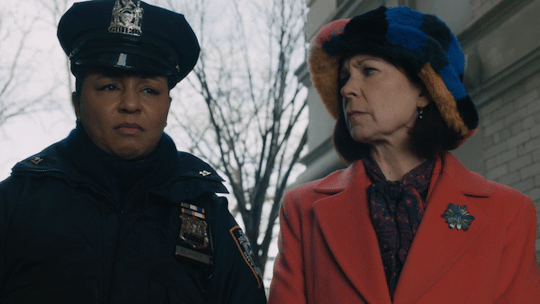
every time they look at each other (which is A Lot)

OK BUT SHE WINKED (and she smiled back and then pursed her lips)

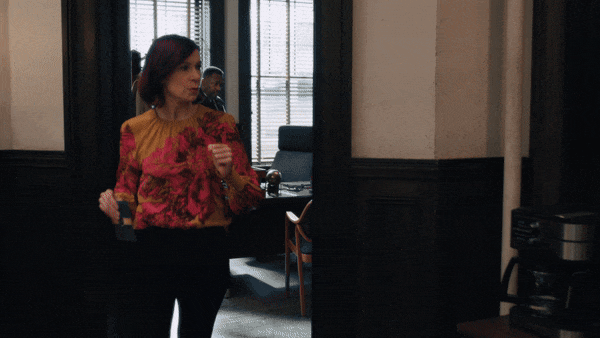
kaya picking up elsbeth's mannerisms hellooooo???

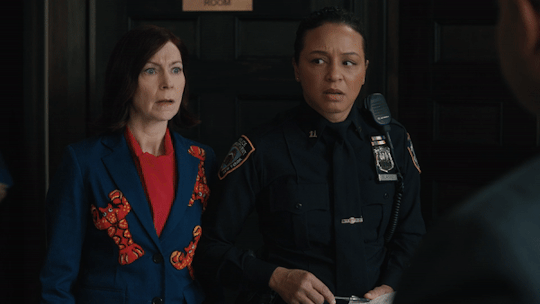


they are so impossibly in sync from the very beginning and for what

HELPASLSDKLDSJLKSDLKJADSLKJ

anyways, kaya was the only one to welcome elsbeth (she needed another woman in there frfr)




and elsbeth immediately began hyping up kaya stahpppp

get yourself an elsbeth hype queen




the "dinner" that turned into a "sleepover"




the way kaya went from "i'm not a gala girl" to rocking up as elsbeth's date
PART TWO HERE
#elsbeth#elsbeth tv#elsbeth 2024#elsbeth cbs#carrie preston#or as i like to call her#carrie purrrrrrston#robert and michelle king#elsbeth tascioni#elsbeth tv show#elsbeth tv series#the good wife#the good fight#cbs#spinoff#kaya blanke#c w wagner#wendell pierce#carra patterson#nyc#new york city#gifs#*gifs mine#tv gifs#tv milfs#dailyactresses#daily women#daily tv women#gifset#sapphic vibes
18 notes
·
View notes
Text
Hilarious Histories - July 16
Take an average city like Oklahoma City, located (guess where?) in Oklahoma...
On July 16, 1935, the world’s first parking meter was installed in Oklahoma. Exactly ten years later, the United States detonated its first nuclear weapon. Coincidence? I think not.
For decades past, the parking meter has been the scourge of mankind. As indestructible as the New York cockroach, it has sprung up unbidden on the most convenient streets, restricting access to storefronts across the…

View On WordPress
#American citizens#Carl C. Magee#first nuclear weapon#J. Robert Oppenheimer#New York cockroach#nuclear bomb#oklahoma city#parking meter#weapon of mass destruction
1 note
·
View note
Link
For now, Ewig wrote, the United States is not a competitive authoritarian regime. The results of the 2020 national elections and the institutional opposition to the insurrection in 2021 “helped to avoid that. But some U.S. states do look suspiciously competitive authoritarian.”
Why is democracy under such stress now? There are many answers to that question, including, crucially, the divisiveness inherent in the elevated levels of contemporary polarization that makes democratic consensus so difficult to achieve.
In an April 2021 paper, four scholars, Samuel Wang of Princeton, Jonathan Cervas of Carnegie Mellon, Bernard Grofman of the University of California, Irvine, and Keena Lipsitz of Queens College, address the basic question of what led to the erosion among a substantial number of voters of support for democratic principles in a nation with a two-century-plus commitment to this tradition:
In the United States, rules and institutions from 1790, when voters comprised white male landowners and slave owners in a nation of four million, were not designed to address today’s governance needs. Moreover, existing rules and institutions may amplify background conditions that drive polarization. The decline of civic life in America and the pluralism it once nurtured has hastened a collapse of dimensionality in the system.
Americans once enjoyed a rich associational life, Wang and his colleagues write, the demise of which contributes to the erosion of democracy: “Nonpolitical associations, such as labor unions, churches, and bowling leagues, were often crosscutting, bringing people from different backgrounds into contact with one another, building trust and teaching tolerance.” In recent years, however, “the groups that once structured a multidimensional issue space in the United States have collapsed.”
The erosion of democracy is also the central topic of a Feb. 13 podcast with Martin Wolf, a Financial Times columnist and the author of “The Crisis of Democratic Capitalism.” Wolf makes the case that “economic changes and the performance of the economy interacting produced quite a large number of people who feared that they were becoming losers. They feared that they risked falling into the condition of people who really were at the bottom.”
At the same time, Wolf continued, “the immense growth of the financial sector and the dominance of the financial sector in management generated some simply staggering fortunes at the top.” Instead of helping to drive democratization, the market system “recreated an oligarchy. I think there’s no doubt about that.”
Those who suffered, Wolf noted, “felt the parties of the center-left had largely abandoned them and were no longer really interested in their fate.”
Two senior fellows at Brookings, William Galston and Elaine Kamarck, explore threats to American democracy in a January 2022 analysis, “Is Democracy Failing and Putting Our Economy at Risk?” Citing data from six surveys, including those by Pew, P.R.R.I., Voter Study Group and CNN, the authors write:
Support in the United States for political violence is significant. In February 2021, 39 percent of Republicans, 31 percent of independents and 17 percent of Democrats agreed that “if elected leaders will not protect America, the people must do it themselves, even if it requires violent actions.” In November, 30 percent of Republicans, 17 percent of independents and 11 percent of Democrats agreed that they might have to resort to violence in order to save our country.
In the wake of the Jan. 6 assault on the Capitol, Galston and Kamarck observe:
Even though constitutional processes prevailed, and Mr. Trump is no longer president, he and his followers continue to weaken American democracy by convincing many Americans to distrust the results of the election. About three-quarters of rank-and-file Republicans believe that there was massive fraud in 2020 and Joe Biden was not legitimately elected president.
In fact, Galston and Kamarck continue, “the 2020 election revealed structural weaknesses in the institutions designed to safeguard the integrity of the electoral process,” noting that “if Mr. Pence had yielded to then-President Trump’s pressure to act, the election would have been thrown into chaos and the Constitution placed in jeopardy.”
Since then, Galston and Kamarck note, the attack on democracy
has taken a new and dangerous turn. Rather than focusing on the federal government, Trump’s supporters have focused on the obscure world of election machinery. Republican majorities in state legislatures are passing laws making it harder to vote and weakening the ability of election officials to do their jobs.
American democracy, the two authors conclude,
is thus under assault from the ground up. The most recent systematic attack on state and local election machinery is much more dangerous than the chaotic statements of a disorganized former president. A movement that relied on Mr. Trump’s organizational skills would pose no threat to constitutional institutions. A movement inspired by him with a clear objective and a detailed plan to achieve it would be another matter altogether.
“The chances that this threat will materialize over the next few years,” Galston and Kamarck add, “are high and rising.”
If democracy fails in America, they contend,
It will not be because a majority of Americans is demanding a nondemocratic form of government. It will be because an organized, purposeful minority seizes strategic positions within the system and subverts the substance of democracy while retaining its shell — while the majority isn’t well organized, or doesn’t care enough, to resist. The possibility that this will occur is far from remote.
The anxiety about democratic erosion — even collapse — is widespread among those who think about politics for a living:
In his January 2022 article, “Democracy’s Arc: From Resurgent to Imperiled,” Larry Diamond, a senior fellow at Stanford’s Freeman Spogli Institute, joins those who tackle what has become an overriding topic of concern in American universities:
For a decade, the democratic recession was sufficiently subtle, incremental and mixed so that it was reasonable to debate whether it was happening at all. But as the years have passed, the authoritarian trend has become harder to miss. For each of the last fifteen years, many more countries have declined in freedom than have gained. By my count, the percentage of states with populations over one million that are democracies peaked in 2006 at 57 percent and has steadily declined since, dropping below a majority (48 percent) in 2019 for the first time since 1993.
In this country, Diamond continued, “Rising proportions of Americans in both camps express attitudes and perceptions that are blinking red for democratic peril. Common political ground has largely vanished.”
He adds: “Even in the wake of the Jan. 6 insurrection at the U.S. Capitol, most Americans have still not come to grips with how far the country has strayed from the minimum elements of normative and behavioral consensus that sustain democracy.”
At the close of his essay, Diamond goes on to say:
It is human nature to seek personal autonomy, dignity and self-determination, and with economic development those values have become ascendant. But there is nothing inevitable about the triumph of democracy.
The next test will be in November 2024.
6 notes
·
View notes
Text

Desert Fiends (2023)
Date de sortie : En Post-production
Réalisateur : Shawn C. Phillips
Scénario : Ethan Phillips, Shawn C. Phillips
Avec : Bai Ling, Robert LaSardo, Lorelei Linklater
#Bai Ling#Desert Fiends (2023)#film d'horreur#Lorelei Linklater#Robert LaSardo#Shawn C. Phillips#cinéma#news#actualité#film poster#affiche de film#acteurs
2 notes
·
View notes
Text
(Abe Rosenthal in particular, the editor who made Kitty famous, was a notorious homophobe. Not long before Kitty's murder, he'd published another piece: GROWTH OF OVERT HOMOSEXUALITY IN CITY PROVOKES WIDE CONCERN.)
"Humankind: A Hopeful History" - Rutger Bregman
#book quote#humankind#rutger bregman#nonfiction#gay#homosexuality#abe rosenthal#newspaper editor#robert doty#robert c doty#new york times#homophobia#1960s#60s#20th century#catherine susan genovese#catherine genovese#kitty genovese#murder#death
1 note
·
View note